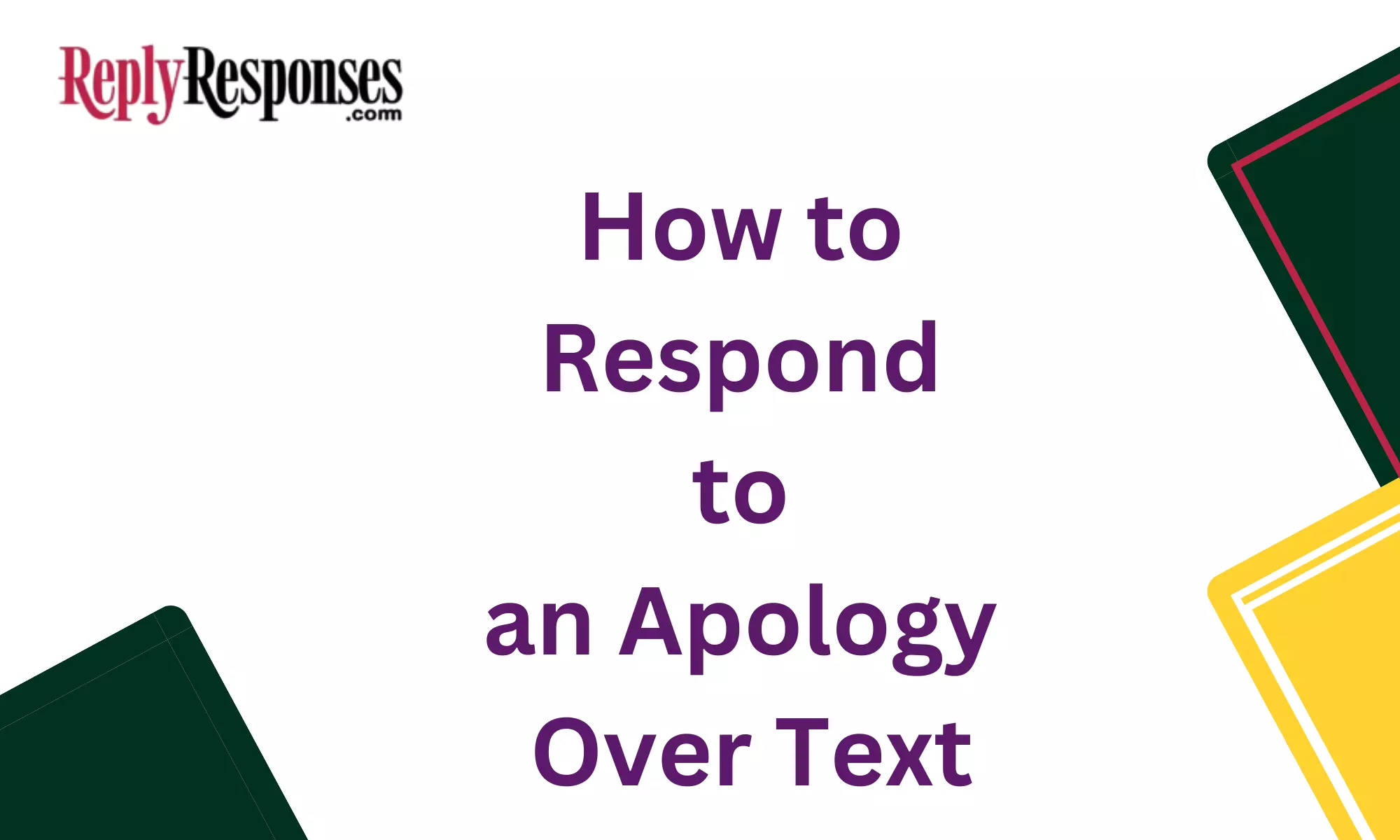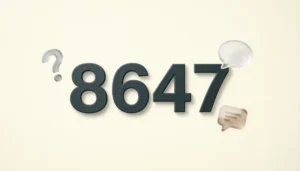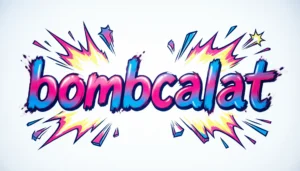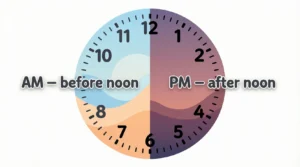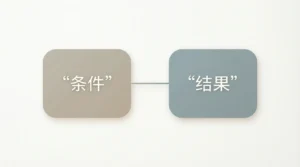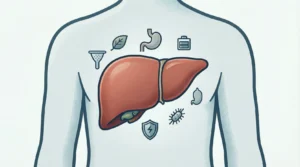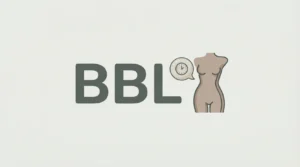Receiving an apology over text can be tricky, but it’s a great opportunity to show maturity, kindness, and understanding. Whether you’re ready to forgive or need more time, the way you respond can either mend the relationship or set necessary boundaries.
“Not sure how to reply to an apology over text? Explore these thoughtful and considerate responses to express forgiveness, empathy, or even set boundaries. Perfect for handling apologies with grace and keeping the conversation respectful.”
Here are 29 thoughtful ways to respond to an apology over text, depending on the situation.
Thoughtful Replies to an Apology Over Text
1. “Thank you for apologizing. I appreciate it.”
Scenario: A friend apologizes for a misunderstanding.
Response: “Thank you for apologizing. I appreciate it.”
Impact: Acknowledges their effort and shows maturity.
2. “It’s okay. We all make mistakes.”
Scenario: A simple, everyday issue that doesn’t require much explanation.
Response: “It’s okay. We all make mistakes.”
Impact: Shows that you’re not holding a grudge.
3. “I appreciate the apology. Let’s move forward from here.”
Scenario: When you’re ready to forgive and move on.
Response: “I appreciate the apology. Let’s move forward from here.”
Impact: Signal forgiveness and a desire to leave the issue behind.
4. “Thank you for being honest. It means a lot to me.”
Scenario: Someone admits to their mistake and apologizes.
Response: “Thank you for being honest. It means a lot to me.”
Impact: Encourages open communication and honesty.
5. “I understand, and I forgive you.”
Scenario: When you’re ready to accept the apology fully.
Response: “I understand, and I forgive you.”
Impact: Offers closure and shows empathy.
6. “Apology accepted. Let’s learn from this and move forward.”
Scenario: After a serious discussion where both sides made mistakes.
Response: “Apology accepted. Let’s learn from this and move forward.”
Impact: Shows a willingness to grow from the situation.
7. “It’s okay, but I need some time to process everything.”
Scenario: You’re not quite ready to forgive but appreciate the apology.
Response: “It’s okay, but I need some time to process everything.”
Impact: Allows you to take your time without shutting down the conversation.
8. “Thanks for apologizing. Let’s talk more about this in person.”
Scenario: A serious matter that requires a face-to-face conversation.
Response: “Thanks for apologizing. Let’s talk more about this in person.”
Impact: Shows you’re open to resolving the issue fully but need a real conversation.
9. “I know you didn’t mean to hurt me, but it did. Let’s work on it.”
Scenario: The person didn’t intend harm but still hurt your feelings.
Response: “I know you didn’t mean to hurt me, but it did. Let’s work on it.”
Impact: Acknowledges the hurt while allowing room for growth.
10. “I’m glad you reached out. Let’s move forward from this.”
Scenario: After an apology that resolves a minor issue.
Response: “I’m glad you reached out. Let’s move forward from this.”
Impact: Encourages a fresh start without holding onto the past.
11. “It’s important that we both learn from this.”
Scenario: A learning opportunity for both sides.
Response: “We both must learn from this.”
Impact: Encourages mutual growth and understanding.
12. “I appreciate the apology, but I need time before we can move on.”
Scenario: When you’re not ready to forgive just yet.
Response: “I appreciate the apology, but I need time before we can move on.”
Impact: Shows respect for the apology while maintaining boundaries.
13. “Thanks for acknowledging what happened. It means a lot.”
Scenario: The person admits their mistake openly.
Response: “Thanks for acknowledging what happened. It means a lot.”
Impact: Validates their apology and shows understanding.
14. “Let’s make sure this doesn’t happen again.”
Scenario: A situation where you need assurance that the mistake won’t be repeated.
Response: “Let’s make sure this doesn’t happen again.”
Impact: Sets boundaries while accepting the apology.
15. “I respect that you apologized. Let’s work on fixing things.”
Scenario: After a conflict that needs to be resolved.
Response: “I respect that you apologized. Let’s work on fixing things.”
Impact: Encourages problem-solving together.
16. “Thank you for owning up to it. I hope we can learn from this.”
Scenario: Someone takes full responsibility for their actions.
Response: “Thank you for owning up to it. I hope we can learn from this.”
Impact: Validates their effort and sets a path for improvement.
17. “I’m not upset anymore, but let’s make sure we’re more careful next time.”
Scenario: A minor mistake that caused a brief disagreement.
Response: “I’m not upset anymore, but let’s make sure we’re more careful next time.”
Impact: A forgiving response with a reminder for the future.
18. “It’s fine, but I hope you understand how it affected me.”
Scenario: When you want to ensure they understand the impact of their actions.
Response: “It’s fine, but I hope you understand how it affected me.”
Impact: Encourages empathy without dismissing the apology.
19. “I appreciate you taking responsibility. That’s important.”
Scenario: After they admit their fault and apologize.
Response: “I appreciate you taking responsibility. That’s important.”
Impact: Encourages accountability and maturity.
20. “Apology accepted, but let’s not let this happen again.”
Scenario: When you’re ready to forgive but want to prevent future issues.
Response: “Apology accepted, but let’s not let this happen again.”
Impact: Shows forgiveness with a firm boundary.
21. “It’s okay. Just please be more mindful next time.”
Scenario: A small mistake that doesn’t require a big discussion.
Response: “It’s okay. Just please be more mindful next time.”
Impact: Forgives while gently reminding them to be more careful.
22. “No worries, I understand things happen.”
Scenario: An apology for a small or unintentional error.
Response: “No worries, I understand things happen.”
Impact: Shows empathy and understanding.
23. “I appreciate the apology. Let’s put this behind us.”
Scenario: When you’re ready to forgive and forget.
Response: “I appreciate the apology. Let’s put this behind us.”
Impact: Encourages moving forward without dwelling on the issue.
24. “Thank you for saying sorry. It helps a lot.”
Scenario: After a meaningful apology that helps ease the tension.
Response: “Thank you for saying sorry. It helps a lot.”
Impact: Shows that the apology had a positive impact.
25. “It’s not a big deal, but I’m glad you apologized.”
Scenario: A small issue that didn’t upset you but deserves acknowledgment.
Response: “It’s not a big deal, but I’m glad you apologized.”
Impact: Forgives the mistake with an appreciative tone.
26. “I forgive you, but we need to make sure we communicate better.”
Scenario: After a misunderstanding due to poor communication.
Response: “I forgive you, but we need to make sure we communicate better.”
Impact: Forgiveness with a focus on improving communication.
27. “Thanks for apologizing. Let’s make sure this doesn’t affect our relationship.”
Scenario: After a misunderstanding with a close friend or partner.
Response: “Thanks for apologizing. Let’s make sure this doesn’t affect our relationship.”
Impact: Shows you’re committed to maintaining the relationship.
28. “I’m not upset anymore, but let’s make sure we’re on the same page going forward.”
Scenario: After an argument caused by a miscommunication.
Response: “I’m not upset anymore, but let’s make sure we’re on the same page going forward.”
Impact: Promotes clarity and resolution.
29. “I appreciate your apology, and I want us to be better together.”
Scenario: After a conflict in a relationship.
Response: “I appreciate your apology, and I want us to be better together.”
Impact: Encourages working together to improve the relationship.
FAQs
What are some respectful ways to accept an apology over text?
- Simple, kind responses that convey forgiveness and acceptance.
How can I respond if I’m still hurt or need time to process?
- These are polite ways to express that you need time before fully forgiving.
What should I say if I genuinely forgive the person?
- Heartfelt replies that show your sincerity in moving past the issue.
How can I respond to an apology if I’m not ready to forgive yet?
- Tactful responses that acknowledge the apology without rushing forgiveness.
What are some ways to keep my response lighthearted for minor issues?
- Friendly replies for situations where the apology is for a small mistake.
How can I express gratitude when someone apologizes?
- Replies that thank the person for their honesty and maturity.
What should I say if I want to continue the conversation after accepting the apology?
- Ways to gracefully shift the topic and keep the conversation going.
How can I reply if I feel the apology is insincere?
- Diplomatic responses that show you’re not fully convinced but remain respectful.
What’s a good response if I want to set boundaries moving forward?
- Replies that accept the apology but gently set expectations for the future.
Why is it important to respond thoughtfully to an apology?
- Discusses the role of thoughtful responses in maintaining healthy relationships.

Welcome to ReplyResponses.com, your go-to hub for quick, witty, and clever replies for every situation! Whether you’re looking to spice up your chats, craft the perfect comeback, or make your messages stand out, we’ve got you covered. From funny one-liners to smart responses, our platform helps you communicate with confidence and flair. Get ready to never run out of words again—because every conversation deserves the perfect reply!
